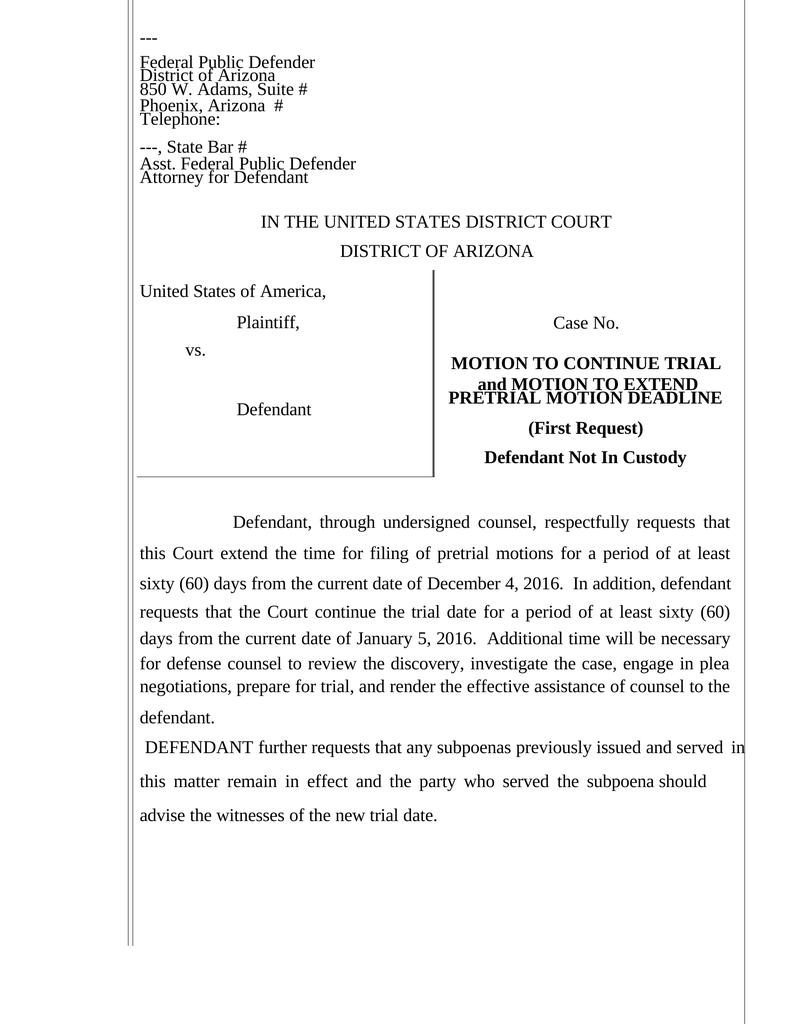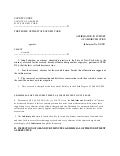

Rule 12(E)(2) provides a method by which an accused in Columbus may learn of the prosecutor’s intention to use evidence that might be subject to a pretrial motion to suppress. Rule 12(E) of the Ohio Rules of Criminal Procedure – Request for Notice of Intent to Use Evidence Importantly, a request for a bill of particulars must be made by the accused within 21 days after arraignment unless the court orders otherwise. The names of all persons, not identified in the indictment, who were present when the offense was alleged to have been committed. The specific location where the handgun was alleged to have been discovered, relative to both the location and the position of the accused andĤ. The specific place where the offense, including the alleged discharge of the handgun, was alleged to have been committed, including, (a)the street address and location within building or on property, and (b) the specific location where the handgun was alleged to have been discharged ģ. The exact time of day or night when the acts charged, including the discharge of the handgun, were alleged to have been committed by the accused Ģ. Here is an example of information we sought through a bill of particulars in a Columbus shooting case:ġ. The purpose of a bill of particulars is to disclose information material to a defendant’s ability to “prepare and present a defense.” This can be especially necessary, for example, for an accused to be able to prepare an alibi defense, when a specific time of day can be provided. Rule 7(E) of the Ohio Rules of Criminal Procedure says that upon written request by the accused the prosecuting attorney shall provide the accused with a bill of particulars setting forth the specifics of the conduct alleged to have occurred. Rule 7(E) of the Ohio Rules of Criminal Procedure – Request for a Bill of Particulars. Here’s what those provisions say and how they work.

The Fifth and Fourteenth Amendments require the prosecuting attorney to disclose specific types of evidence to the accused in order to protect his or her right to a “fair trial.” In Ohio, the prosecuting attorney is also required by Rules 7(E) 12(E) and 16 of the Ohio Rules of Criminal Procedure to disclose, upon request, additional types of evidence. The Right to, and Fight for, Pretrial Discovery in Columbus, Ohio Constitutions that govern an accused’s right to pretrial discovery and access to evidence. To understand why, you need to understand the specific provisions of the Ohio Rules of Criminal Procedure, the Ohio Revised Code, and the Ohio and U.S.
#MOTION FOR BILL OF PARTICULARS IN CRIMINAL CASES SERIES#
However, the sad fact is that obtaining the pretrial discovery to which you are entitled can be not just a battle, but a series of battles, and even a war. In short, obtaining pretrial discovery of, and access to, all the evidence to which an accused person and his or her lawyer are entitled is a critical component to building and presenting a winning defense.


That’s why the discovery process is so critically important.Īlso, our clients know that access to the State’s evidence often provides focus for the defense investigation. Our clients know that if the prosecution’s evidence is weak, or can be easily attacked, then the State may be unable to meet their burden of proof and therefore unable to obtain a conviction. The reason clients ask about pretrial discovery is because they realize it is critical to find out what evidence the prosecutor has to support their case.


 0 kommentar(er)
0 kommentar(er)
